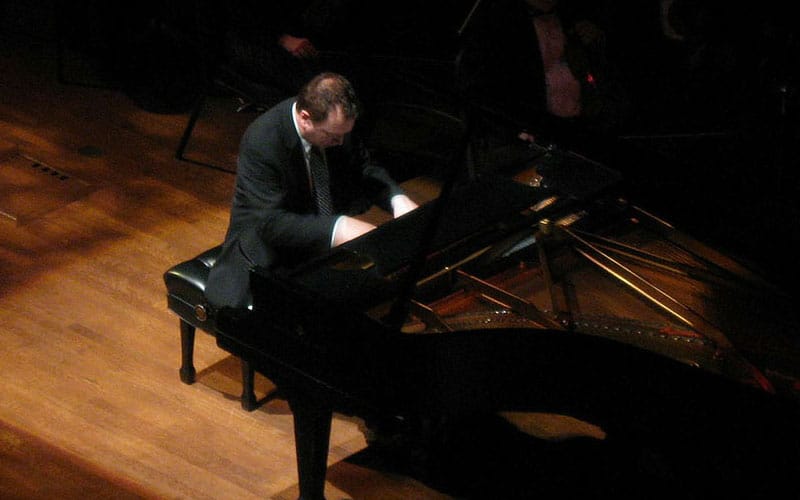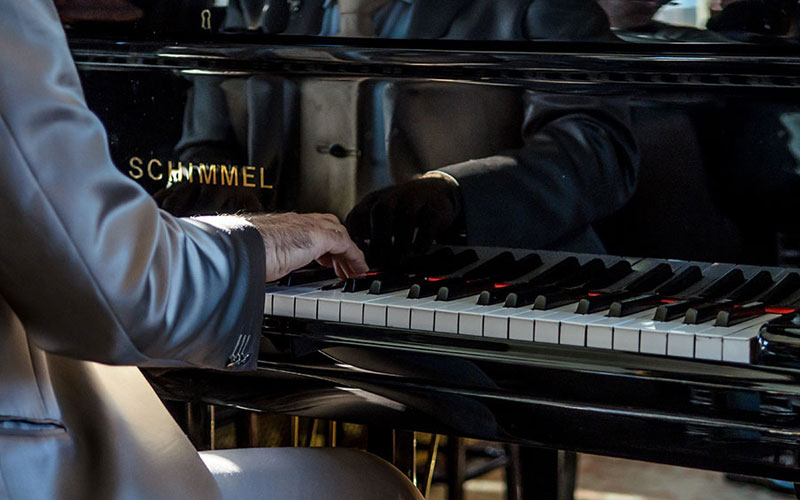
Performance Anxiety in Music
Since the beginning of time performance anxiety was the norm in whatever we did as species; from an orator speaking in an ancient agora, to a lutist playing in the local market, humans had always had this issue to address.
Through the centuries, the seeking of musical perfection and the rise of classical music as the “serious” music, as opposed to the “unserious” other musics, has made us talk about performance anxiety more and more in our musical lives, often stopping us from the very thing that a bit of stress is supposed to help: performance. In consequence, recently, literature about performance anxiety has reached heights of enormous gravity.
We need to be concerned about performance anxiety, since many musicians have been discouraged from this condition to even perform live. We need constant scientific progress in defining performance anxiety in musicians and treat it (if possible). Even though I’m not an expert, I strongly believe that, sometimes, having a little “helpful” stress when performing is normal; and, to take it a bit further, somehow, it’s a necessity in our quest of becoming complete musicians.
I, for example, remember sometimes being extremely anxious before an important concert or an exam performance. I had to use all the things from my musical bag-of-tricks to fight this anxiety feeling; and I always came to the same conclusion: I needed deep knowledge of the repertoire I had to perform. Because, I knew, that if I had sorted out the muscle memory and the finger agility on certain passages, that would have helped me to see the performance through regardless of the intensity of the anxiety.
Here are Some Suggestions to Help Us Eliminate Performance Anxiety
First, we have to understand that performance anxiety is different from normal levels of stress that we all experience before performing live.
In order to fight performance anxiety we have to deeply understand one core thing in music: that there are no bad musicians (If you want more details read my related article here). I believe that all musicians are equally “valid”, are equally important and are equally good.
Then, we have to start considering that live performance has always been an adventurous act that entails the element of surprise and the feeling of uncertainty in its outcome; and that’s why performing live is so beautiful.
We also need to realize, that in life nothing is perfect. Similarly, in a live performance there are no perfect people (audience) that judge imperfect ones (us, the performers).
Then, we must appreciate, that as much as we have the urge to judge everything in everyday life, from buying good quality milk, to find a good tennis coach, we also have the inherent right to judge a performance. Judging or evaluating something is a human quality that exists in order to improve us. So, in a way, when we are being judged in a performance, we improve.
Also, we need to develop the “talent” of not caring about trivial things in life; like opinions about our playing. Some people are very good at it. When I was a student at conservatoire level, but even earlier than that, I would experience some not-so-valid performances which were strongly advocated by their own performers, and I was thinking that I wasn’t going to be happy if I had played like that. And then I thought that, likewise, someone else wouldn’t be happy if they played the way I did. So, musical consensus is ever-changing and could be subjective.
Last, make sure you remember this word: preparation. Just make sure you are as prepared pianistically as possible. Play your pieces to your family as a practice, ask for different opinions on your playing, listen to what your friends say about your own playing and keep the good things they say, but not the bad ones.
Remember that there is no perfect performance and keep going.





